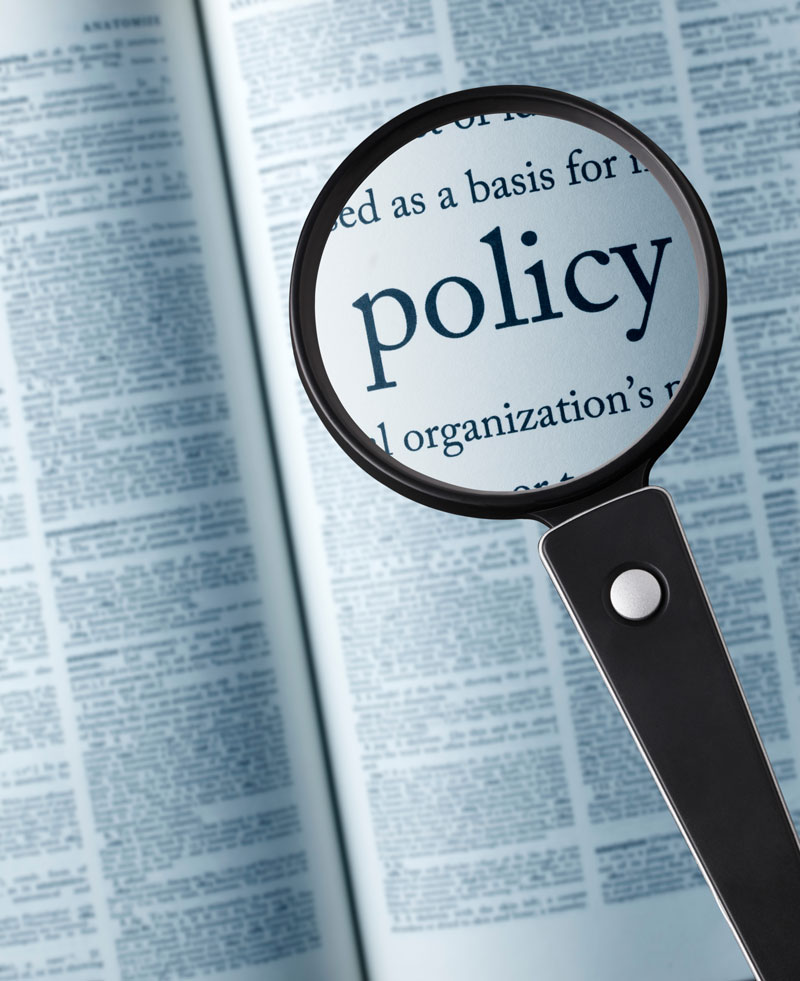
 In-house counsel are grappling with how to introduce responsible use of generative artificial intelligence tools (“genAI tools”) into their work and practices. Timely to this discussion, on July 29, 2024, the American Bar Association released Formal Opinion 512 on Generative Artificial Intelligence Tools (“Formal Opinion”).[1] GenAI tools have the potential to increase efficiency and productivity. However, genAI tools also pose risks to confidentiality and output accuracy, which may have implications under the Model Rules of Professional Conduct. The Formal Opinion aims to guide legal counsel as they decide whether to use genAI tools and how to use them responsibly and ethically. There are specific takeaways that in-house counsel should consider as they make policy decisions about incorporating genAI tools into their respective practices.
In-house counsel are grappling with how to introduce responsible use of generative artificial intelligence tools (“genAI tools”) into their work and practices. Timely to this discussion, on July 29, 2024, the American Bar Association released Formal Opinion 512 on Generative Artificial Intelligence Tools (“Formal Opinion”).[1] GenAI tools have the potential to increase efficiency and productivity. However, genAI tools also pose risks to confidentiality and output accuracy, which may have implications under the Model Rules of Professional Conduct. The Formal Opinion aims to guide legal counsel as they decide whether to use genAI tools and how to use them responsibly and ethically. There are specific takeaways that in-house counsel should consider as they make policy decisions about incorporating genAI tools into their respective practices.
Our high-level Formal Opinion takeaways for in-house counsel are listed below.
Competence
- Counsel should reasonably understand the benefits, risks, capabilities, and limitations of using genAI tools.[2]
- Counsel should verify the accuracy of genAI tool outputs.[3]
- Counsel should not rely on genAI tools to exercise professional judgment.[4]
- Counsel should make informed decisions on whether to use genAI tools in their respective practices.[5]
Confidentiality
- Counsel should evaluate the risks before inputting client information into genAI tools.[6]
- Counsel should “read and understand the Terms of Use, privacy policy, and related contractual terms and policies” of genAI tools to understand the risks.[7]
Supervisory Responsibilities
- Counsel in managerial positions should implement clear policies regarding the use of genAI tools.[8]
- Counsel in supervisory positions should ensure employees comply with the policies, procedures, and professional obligations.[9]
- Counsel should ensure that third-party providers and vendors that provide or use genAI tools “do the work capably and protect the confidentiality of information related to the representation.”[10]
The Formal Opinion is informative and useful to in-house counsel as they develop their own genAI policies and procedures. If you have any questions about what the Formal Opinion states or want help developing your own policies or procedures, please reach out!
[1] ABA Standing Comm. On Ethics & Pro. Resp., Formal Op. 512 (2024).
[2] See id. at 3.
[3] See id. at 4.
[4] See id.
[5] See id. at 5.
[6] See id. at 6.
[7] Id. at 7.
[8] See id. at 10.
[9] See id.
[10] Id. at 11.
- Attorney
Valerie is a trusted legal advisor specializing in commercial and technology transactions, with a distinct focus on data privacy issues. Her practice is built on a deep passion for the intersection of privacy, law, and emerging ...
About this Blog
Stay current on legal news and issues, and learn more about Summit Law Group's practice groups.
Topics
Archives
Authors
Recent Posts
- Inaugural Report Update: What to know about Washington's Artificial Intelligence Task Force
- Corporate Transparency Act (“CTA”) Update: Companies are NOT Required to File BOI Reports
- What Makes for Helpful and Persuasive Appellate Briefs?
- Washington Judges Recognize Legislative Privilege Against Disclosure of Records
- Transferring a Rental Property into an LLC: The Pros and Cons
- How to Avoid Personal Liability Under a Piercing the Corporate Veil Theory
- What to Know About Washington’s Artificial Intelligence Task Force
- GenAI Formal Opinion – What In-House Counsel Needs to Know
- Washington Streamlines Lease Execution Process
- Another Successful Labor Relations Institute!

